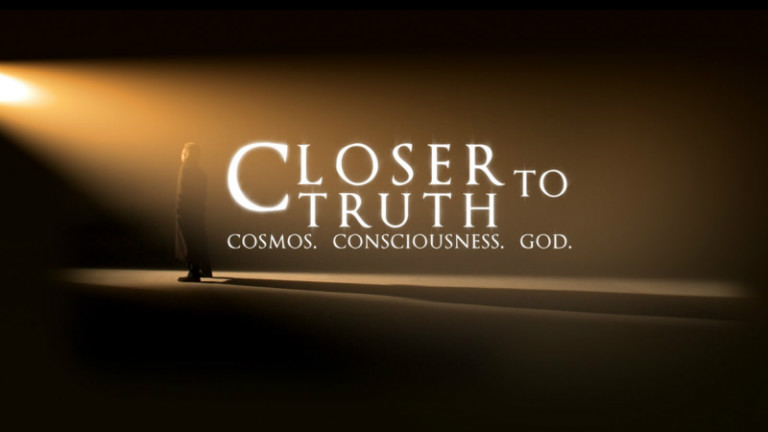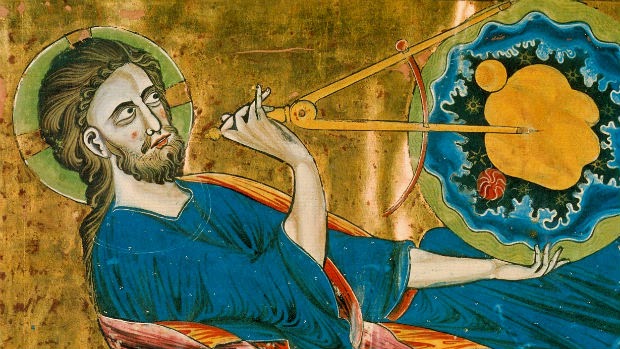Questions about God from "Closer to Truth"
Lincoln Cannon
23 July 2011 (updated 5 October 2025)

I’ve been watching the “Closer to Truth” videos on the subject of God. Thanks to Matthew Price for pointing them out to me. The videos follow a series of questions. While I don’t entirely agree with all the answers suggested in the videos, I have found them thought-provoking. Here are some thoughts on the first few questions.
Closer to Truth: “Does God make sense?”
That depends, of course, on how “God” is used, and how much of what kind of sense we expect. Some accounts of God don’t make much sense to me. Some are self-contradictory. Some are incongruent with my experience or our science. Some seem to have little practical value. On the other hand, some accounts do make sense in at least some ways. One example is that presented by the New God Argument. On the whole, though, I don’t expect God to make sense to me in any final or static way, as that would reduce God to be merely an extension of my own mind, which leads to the next question.
Closer to Truth: “Wondering about God?”
Wonder is essential to an account of God. The wonder need not be a dogma of absolute mystery. It can be a wonder of humility and charity, acknowledging our present limitations as we seek to learn, and relinquishing others’ identity from our will to control. So far as I’m concerned, God is that to which I aspire altruistically in relation to others’ aspirations. I can no more give a final or static account of God than I can of our interconnected aspirations.
Closer to Truth: “How should we think about God’s existence?”
God is posited, not proven, except within the context of a position. Whether God exists depends first on you. You choose. Even if immersed in an experience of light and love, even if visited by an awesome presence, and even if your senses are stretched across the cosmos, you get to decide whether to call that “God.” This is faith. This is trust. It need not be blind or irrational (it shouldn’t be), but it must be volitional. There is no God where there is no faith, yet where there is faith, God can (but does not always) persist and adapt to any experience.
Why do some have or keep faith and others do not? In part, dogmatism is apparently to blame. Most of us are taught particular accounts of God from a young age. When our wonder leads us away from or beyond those accounts, we think we are rejecting God when we reject those accounts. I don’t see things that way. I know too many self-identifying atheists that still have faith in God from my perspective. In respect to them, I’ll take their rejection of God at face-value to some extent, particularly when unacquainted, but with opportunity I will find and point out their faith and enjoy the consequent disagreement.
Closer to Truth: “Arguments about God?”
I think there is a place for this. Arguing for or against God is an exercise in teasing out the shape of our wonder. It’s an expression of our faith. We learn from it.
Closer to Truth: “Arguing God’s existence?”
The idea that we could prove logically that God (or anything else) exists is problematic, and I’m not going to solve that problem here. I’ll just repeat that God is posited, not proven, except within the context of a position. Those attempting to prove God’s existence have already made assumptions about God and existence, and those assumptions tend to be of the superlative and naive realism sorts, neither of which are necessary assumptions about God and existence.


